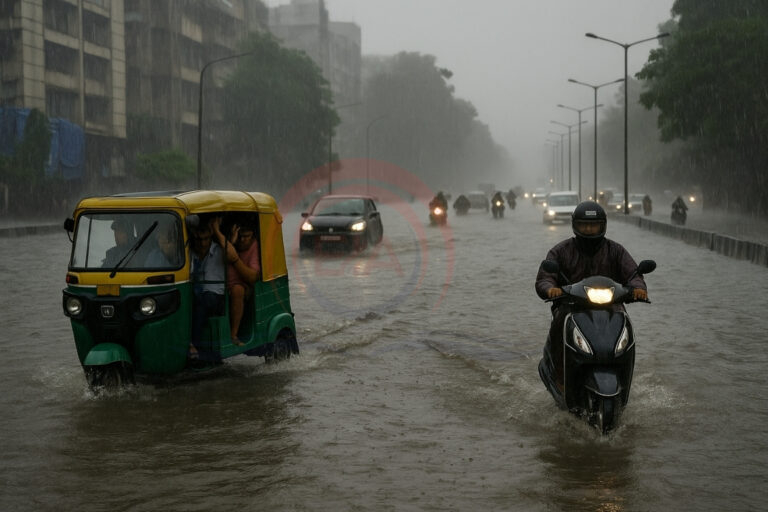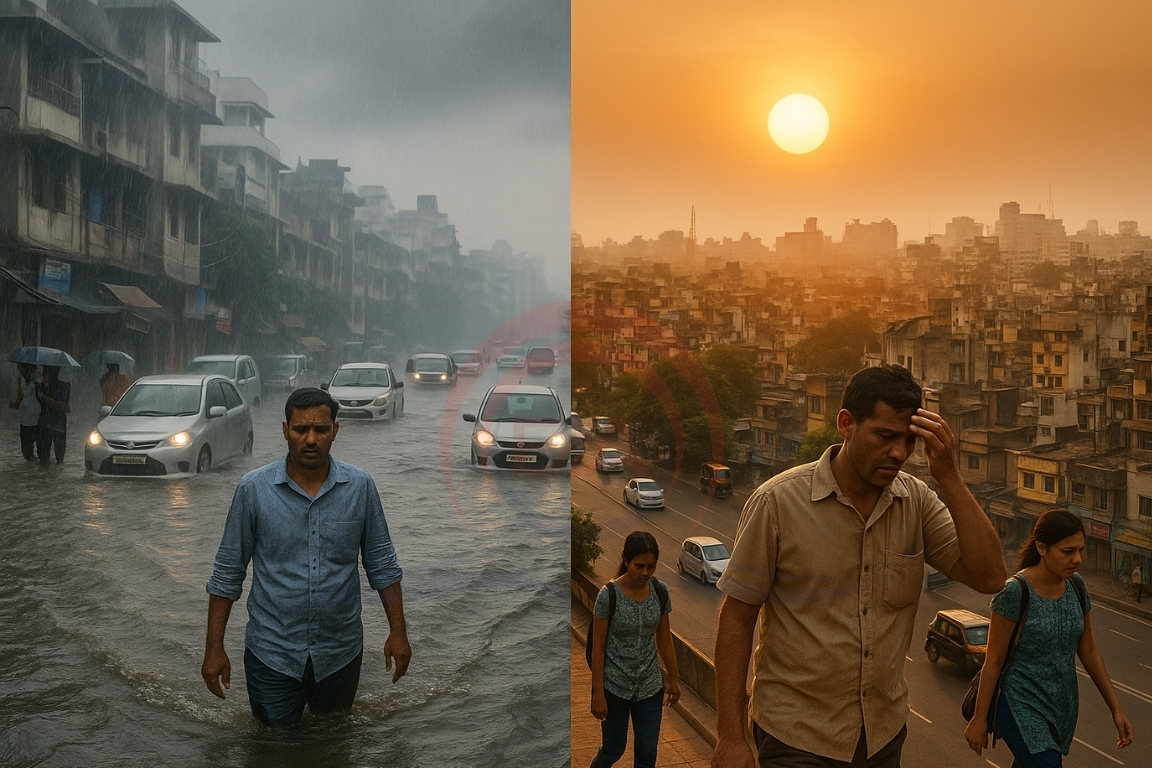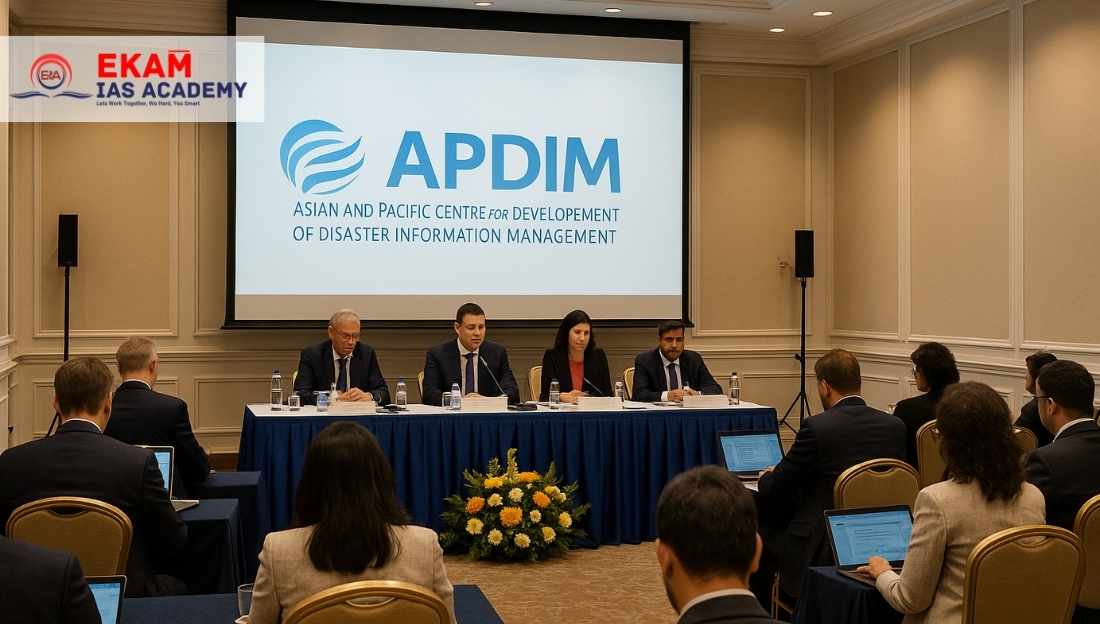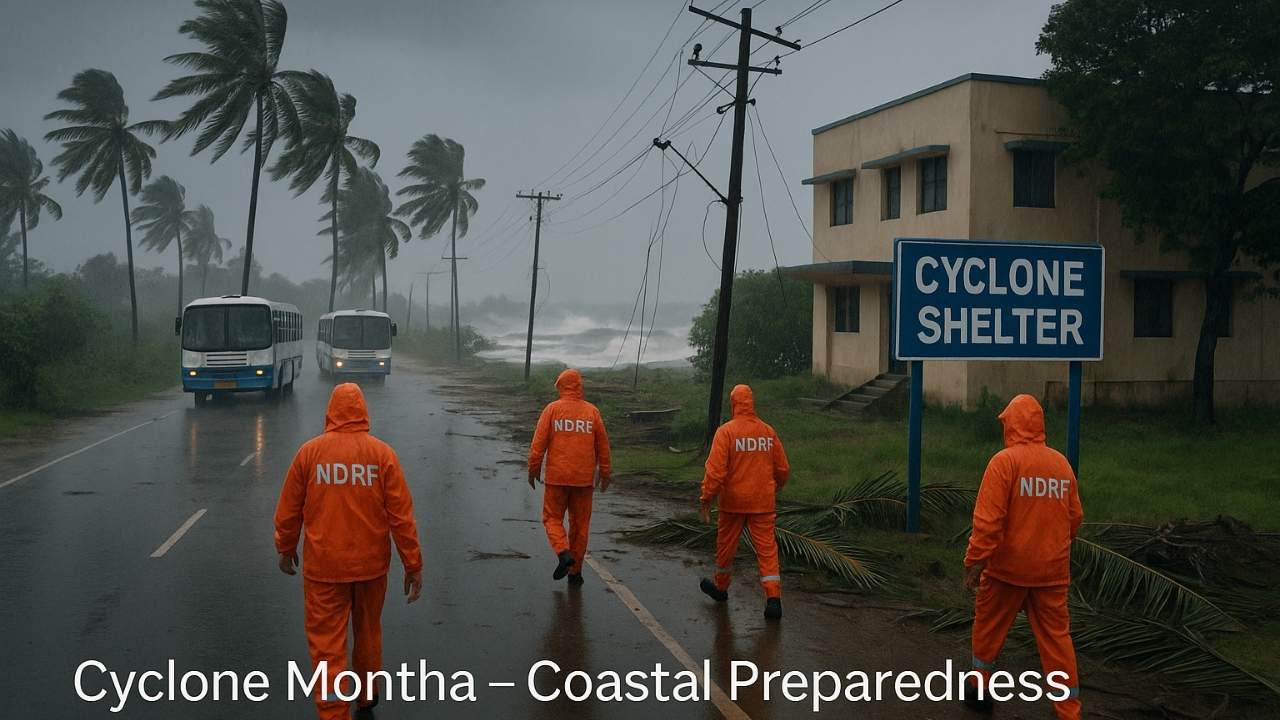A new World Bank report titled ‘Towards Resilient and Prosperous Cities in India’, prepared with the Ministry of Housing and Urban Affairs, warns that Indian cities face serious economic and climate risks from extreme weather.
Urban Growth and Risks
- Indian cities are expected to become major hubs of economic development, contributing nearly 70% of new jobs by 2030.
- The country’s urban population is projected to double by 2050, reaching around 951 million, requiring 144 million new homes by 2070.
- Rapid urbanisation is stressing existing infrastructure, making cities more exposed to climate shocks.
Impact of Extreme Weather
- Heat Waves: Cities are witnessing rising temperatures due to urban heat island effect. City centers are often 3–4°C hotter than surrounding rural areas.
- Flood Risks: Fast-paced construction is reducing the natural ability of land to absorb rainwater. This is increasing the likelihood and intensity of urban flooding.
Cities Studied in the Report
- The World Bank assessed 24 Indian cities, focusing in detail on: Chennai, Delhi, Indore, Surat, Lucknow, and Thiruvananthapuram.

Opportunities for Resilient Development
- Over 50% of infrastructure needed by 2050 is yet to be built.
- This presents a crucial opportunity to build climate-resilient housing, transport, and municipal services.
- Timely investment can reduce climate risks while supporting job creation and inclusive growth.
Key Recommendations
- Green Infrastructure: Develop more parks, open areas, and trees to reduce heat stress.
- Storm Water Management: Strengthen systems to avoid flooding and waterlogging.
- Cool Roofs: Use reflective materials on buildings to lower indoor temperatures.
- Early Warning Systems: Improve alerts for heat waves and floods to protect lives.
- Support for Vulnerable Groups: Create safety nets and adaptive housing for low-income populations.
Conclusion:
Extreme weather is a growing threat to India’s urban future. However, with smart planning and timely investment, cities can become safer, more resilient, and continue to drive India’s economic progress.





